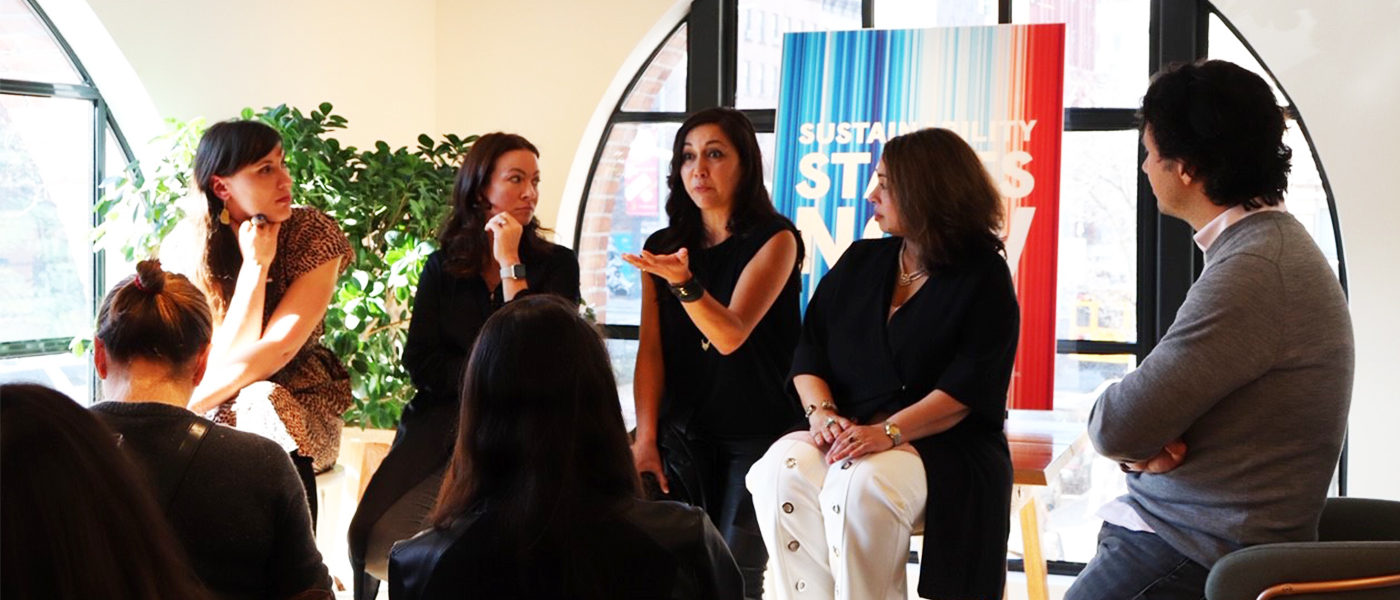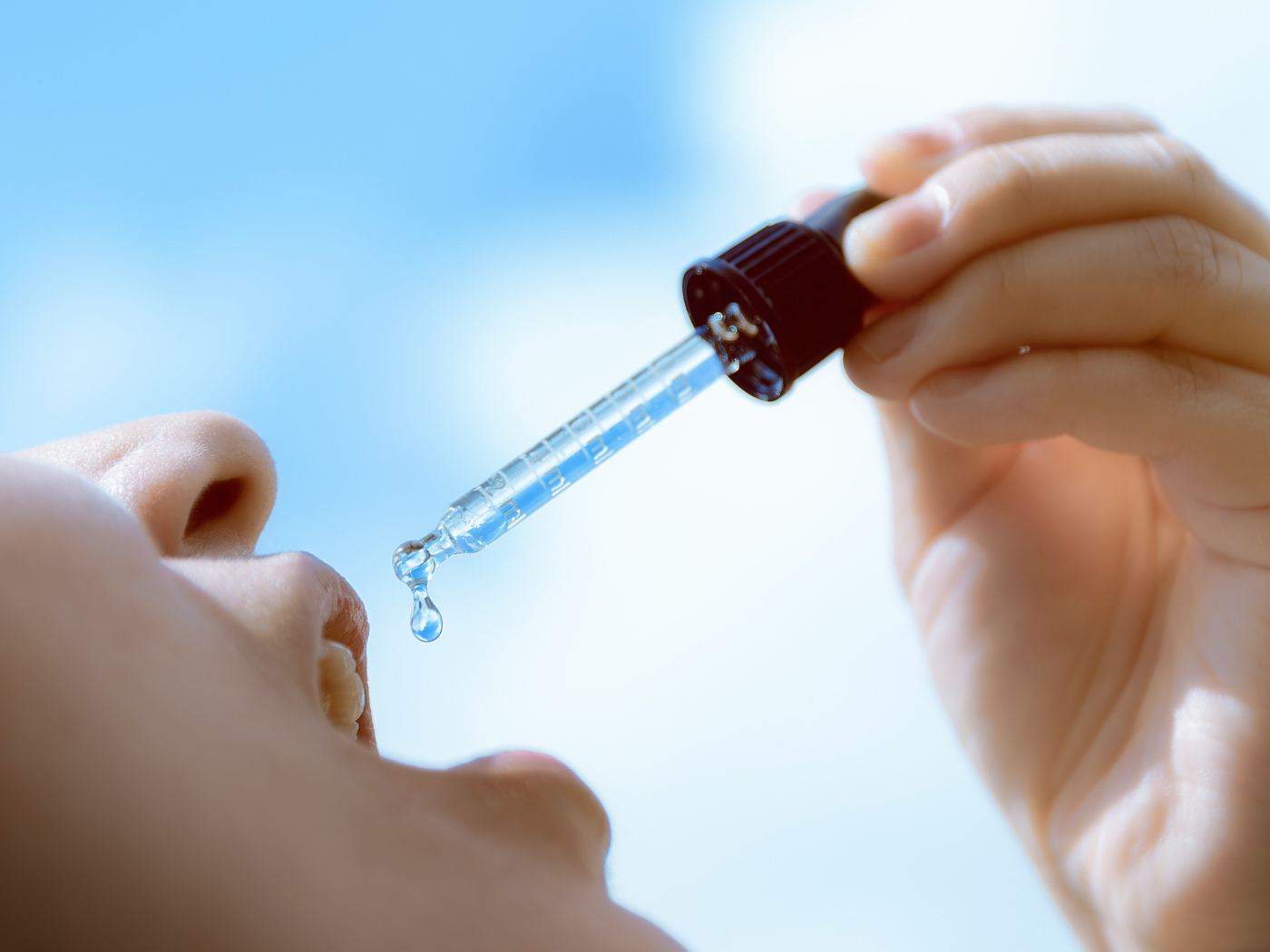With sustainability top of mind for many beauty brands, The Detox Market hosted a panel discussing the topic this week, sharing insights, recycling stats and landfill facts. The panel, held at the retailer’s SoHo store on Houston Street in New York City, talked about the growing amount of plastic that’s being produced, a surprising fact about what isn’t recyclable and what’s happening to recycling centers in the U.S. Moderated by The Detox Market founder, Romain Gaillard, panelists included Stasher Bag founder Kat Nouri; Aether Beauty founder Tiila Abbitt; Alima Pure’s CEO & President Urmila Ratnam; and Neu Nomads founder Karen Wood. Here, the top insights from the panel.
- According to Tiila, a former Sephora product developer, 90 billion pieces of color cosmetics are produced annually and none of them are getting recycled. “Mirrors and magnets make something unable to be recycled,” she said. In order to work with our country’s “screwed up recycling system,” Tiila created the first fully recyclable eye shadow palette and liquid lipstick.
- The U.S. is regularly losing recycling centers. In many cases, towns are instead burning items instead. One company that’s doing great work in this arena is Terracycle, which helps recycle items that are hard to recycle.
- Romain pointed out that only 30% of plastic is in use. 70% is in landfills or in the ocean. Even more disturbing is that half of the plastic that exists was produced in 2005 or after.
- Black plastic isn’t recyclable, said Tiila, as machines can’t detect the packaging to be recycled on a black conveyer belt.
- “The future lies raw materials and repurposing waste,” said panelist Kat, adding that the future of fashion will include items made from nature, such as mushrooms and pineapple skins.
- Urmila said that Alima Pure has committed to using only recyclable shipping materials, which costs more, but retailer shipping standards often “includes a lot of plastic.”
- Tiila said it’s important to be realistic about what one can do and change. “Don’t go home and throw out all of unclean beauty products,” she said. Instead, simply watch how much waste you produce in a day. Urmila agreed: “Start now, start where you can. Every little bit matters.”
- Romain reminded the audience of his store’s 3-pronged sustainability plan. The first part is for the store to be a recycling hub for beauty products of all types — whether they’re purchased at the store or not. To that end, the brand has a helpful blog post all about recycling and ways to do more at home. The second is for the company to plant half a million trees this year. The third is to reduce their carbon footprint.




